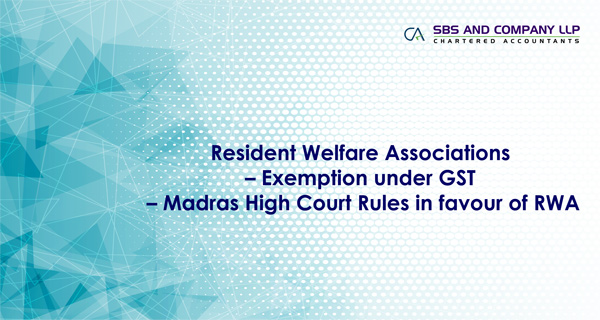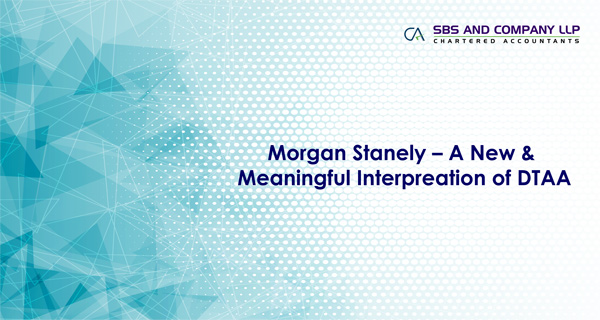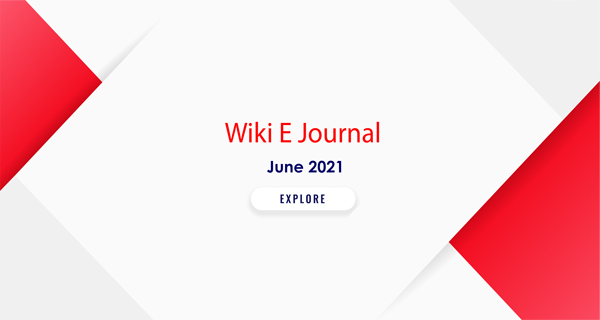In this edition, we bring you, an article on the issue of deduction available on basis of payment in terms of Section 43B of Income Tax Act. As all of us are aware, that Section 43B allows certain expenditures as deductions only on payment basis, there always exist a question as to the meaning of ‘payment’. Whether the payment made by way of issue of debentures would still qualify as ‘payment’ under Section 43B was recently decided by Honourable Supreme Court in the matter of MM Aqua Technologies Limited. We have surveyed the said matter right from the inception to the Honourable Supreme Court and laid down our understanding and conclusions.
The next article is on one of the recent disturbances caused by a Circular in GST laws, which was released post GST Council meeting. The Circular tried to unsettle a settled understanding of taxability of annuities in case of Hybrid Annuity Model. The unsettling of taxability, apart from the main issue also will unsettle other issues. In this article, we have coined the problem, the issue created by circular, our conclusion on the main issue and the possible issues and their solutions, if at all tax would exist.
I hope that you will have good time reading this edition and please do share your feedback. I will also urge clients to mail us topics or issues on which you want us to deliberate in our future editions, so that we can contribute to the same.








